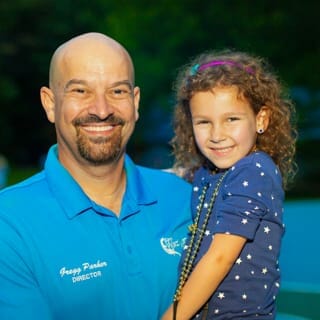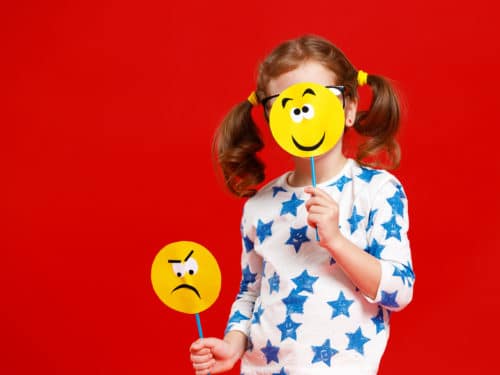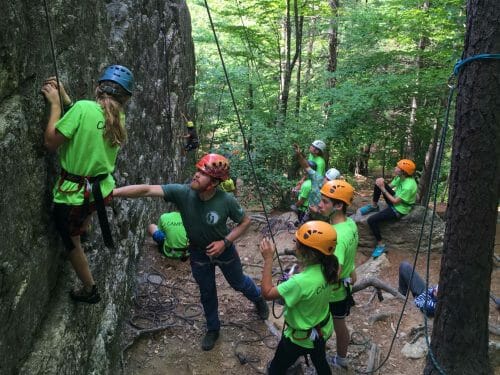Camp and the Pandemic – Times Have Changed
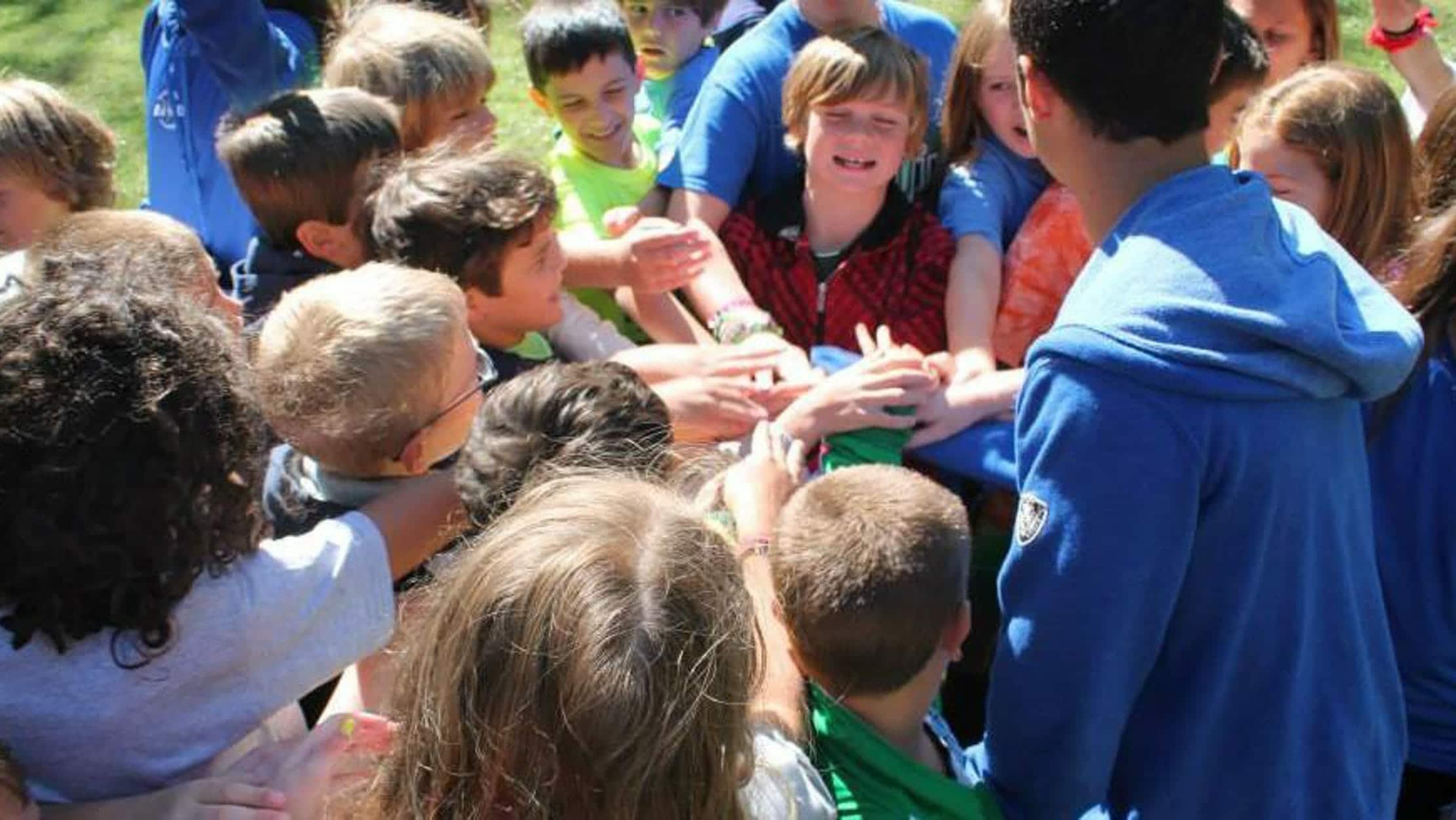
By Gregg Parker
Times have changed – very recently. Families are now faced with surprisingly new challenges based on the “Social Distancing” required during the Coronavirus pandemic. Many parents are suddenly working from home and their kids are there all day without the usual playgrounds, play groups, play dates, and extracurricular activities they have come to know. Instead of looking across a boardroom, many working parents are looking across a board game – or a playroom, or a lunch table, or a Barbie Playset or a back yard. For some, it’s a situation they may not have ever seen before. Families have a new opportunity to become close, and that’s a good thing, but being close ALL the time can sometimes go the other way. The psychology behind social distancing, as it relates to isolation, comes with significant challenges. On the most basic level, humans need to do things to fight boredom and badly need social interactions. This is especially true for children and even more so for teens. This is why camp is going to be so important this year.
If camp runs as usual, it is likely that families will have been in isolation for months by the time summer rolls around, with little human interaction outside the family at all other than the virtual kind. This is why it will be even more important than usual this year that kids get a chance to meet up with other children in a real, outdoor, physical environment. They need to run around, get out in the woods, hike up a mountain, swim in a lake, and yes, get away from their families. Anyone who has worked at home with their spouse (and I have) can tell you that absence really does make the heart grow fonder. Kids need to have uninterrupted play time with other kids that gets them living in the moment, and we can admit it, parents need a break as well. I’ve always said that living in the moment is the key ingredient to camp, as it is to childhood, and maybe the key to happiness in life itself for all of us. Camp is a uniquely full world where everything is built to make children grow and change in positive ways and of course, to have an absolute blast while doing it. Living in the moment isn’t something they need to try to do at camp. It just happens. For adults, that often takes a fast ride on a bike or motorcycle, or a run or a tough workout or a movie or something else to empty a hard-working mind. But for kids at camp, it’s natural.
Camp is entirely devoted to kids and the days are just packed. Where else could you play a set of tennis, ride a horse, climb a wall, fly on a zip line, play soccer, water ski, and run at full speed in a huge game of capture the flag… all in one day? For years, when meeting families at their homes, I have heard from many kids who think that our bedtimes are too early for them, since they can stay up later at home. I tell them they can stay up as late as they like, as long as they wait to tell me four days into camp. No one has ever taken me up on the offer. After six activity periods and an evening activity every night, and all the action, outdoor trips, play, laughter and fun they’re having, campers are asleep when their happily exhausted heads hit the pillow.
Camp and the Pandemic
Now, after a long lockdown at home with the family, that kind of exercise, activity, and especially the social environment is going to be vital. Socially, camp is a place where children get to live in a group with their peers, mentored and supervised by college-aged counselors whom they adore. Counselors are like big brothers and sisters who never stole your toys, ate your popsicle, gave you a wedgie or were ever mean to you in any way. They have a clean slate. Counselors are positive, helpful and fun, and very well versed in our philosophy. They are the perfect guides to help kids navigate the social environment of the cabin group. The unity and closeness of that group is carefully cultivated and extremely important to us. It is important to note that cabin life is not a perfect utopia nor should it be. Kids must learn the all-important life skill of getting along with others. On the most basic level, what’s more important than that? Schools are busy teaching kids a multitude of things and the social environment there is very different than camp. Many schools are good at teaching social skills, but living every day and night with a group of friends requires real bonding and the building of close friendships. Those friendships are very different, and in many ways much deeper than those that are built elsewhere. In school, if a child doesn’t get along with another, they can simply avoid them. Kids become adept at walking on the other side of the hall, eating with only their close friends, and just avoiding others outside their immediate friend groups or cliques. But that kind of avoidance isn’t going to work when you live in the same house. You have to learn the vital social skills of working it out, especially with those who are inherently different from you, or from different social strata, backgrounds, and cultures. Those kids often become your best friends. My nephew’s best friend in his first year of camp was from Seoul South Korea, an intercontinental friendship that would be a lot less likely elsewhere. This kind of social connecting (rather than distancing) is always important for kids and thrives at camp. It is a life skill that will serve them in school, in work, and in all their varied personal relationships. When I was just setting out in the working world and newly graduated from college, a university resume consultant helped me write a resume. Since I was naturally lacking in much real world experience outside of school, they filled in my list of accolades with some generic cut-and-pasted bullet-points. I will never forget one in particular.
It said “has a natural ability to work effectively with people from diverse backgrounds”. Even back then, in the very old days when dinosaurs roamed the earth (I’m pretty old) people recognized how important it was for anyone to have good social skills with a diverse group in any work environment. In truth, it’s important in any life environment and camp is excellent at promoting this very thing. We are experts in helping to create “children of the world”- kids who can manage to live and work and get along with people of all kinds from all places. Now, more than ever, in our modern, already more socially-distanced world (even before our current pandemic), these kinds of skills are going to be harder and harder to come by.
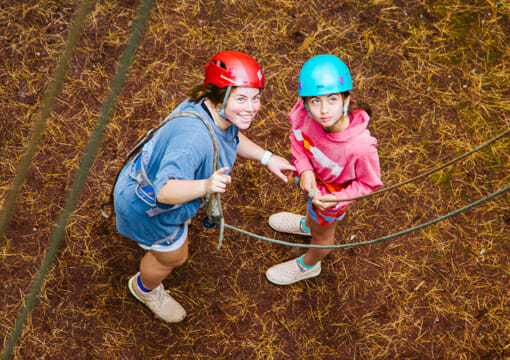
In the digital world of the information age, direct human connection can often suffer. I once drove my teenaged nephews and nieces on a trip. I was driving with six teens in a van and the entire trip was dead silent. Not a single teen spoke. Each was on their phone almost the entire ride as the gorgeous Maine scenery went by completely unnoticed. A herd of moose could have jumped over our car and those kids wouldn’t even have noticed. For better and for worse, this is the nature of the modern child. At camp, this kind of isolation is just not an option. Good old human connections are required and a break from technology helps build social skills in ways that are often forgotten once kids start carrying smart phones.
For all these reasons, camp is going to matter even more this year than usual. Let’s all hope that this dreadful pandemic is over soon and that our efforts at social distancing help to stem the spread of this virus until it’s under control and vaccines are in place to protect us. Let’s look forward to that beautiful time where we can all get out of our homes and get back to life as we knew it before. And let’s hope that it all comes together before camp this summer. When it does, it’s going to be an amazing, much-needed experience for kids and families alike. Let’s hope.
Topics:
More Wazi Wisdom
Visit the Blog


